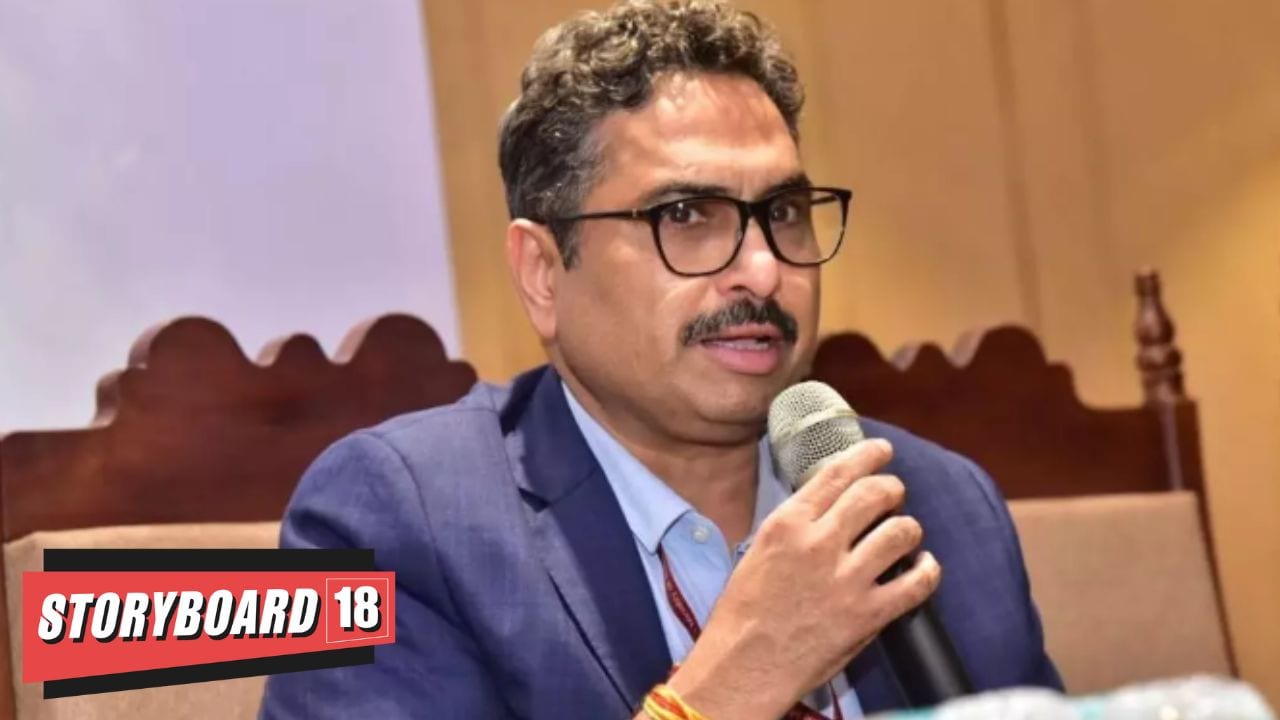In a conference hosted by the India Cellular and Electronics Association (ICEA), in collaboration with the Association of Radio Operators for India (AROI), MIB Secretary Sanjay Jaju emphasized on “light-touch” regulation for the Radio industry. The government plans to roll out digital FM radio broadcasting in 13 major cities, marking a key step toward modernizing the sector.
Jaju highlighted underscored the role of localized content in strengthening radio’s appeal and fostering innovation. In September, a consultation paper was released to gather input from stakeholders, including broadcasters, equipment manufacturers, and digital receiver producers, to develop a comprehensive policy for private digital radio.
Jaju said, “Light touch regulations will enable innovative content creation and deeper listener engagement, empowering India’s creators. Radio derives its strength from localised content choice embracing diverse community interests and cultural preferences.”
Industry leaders stressed the importance of adopting proven, non-disruptive digital technologies to enhance efficiency and unlock opportunities in India’s culturally diverse market. The adoption of technologies like HD Radio is seen as pivotal in positioning India as a global hub for digitally-enabled device manufacturing, boosting exports to markets like the Americas. This transition aligns with India’s vision of leveraging the creator economy to enhance its global influence.
Jaju also spoke about government’s aim to optimize spectrum use and address revenue challenges for private radio operators, MIB has increased base advertisement rates by 40% and is working on new growth opportunities.
MIB Secretary Sanjay Jaju also informed that the Frequency Planning Committee has identified channels for this rollout, with a focus on a smooth transition to digital radio. The shift will involve upgrades in transmission infrastructure and allow for both analogue and digital broadcasting through “simulcast” technology.
Public consultations on a digital radio policy are ongoing, and FM spectrum auctions in 254 new towns and semi-urban areas have been approved. Over 20 companies have expressed interest in these auctions, which now feature simplified, revenue-linked licensing terms.
